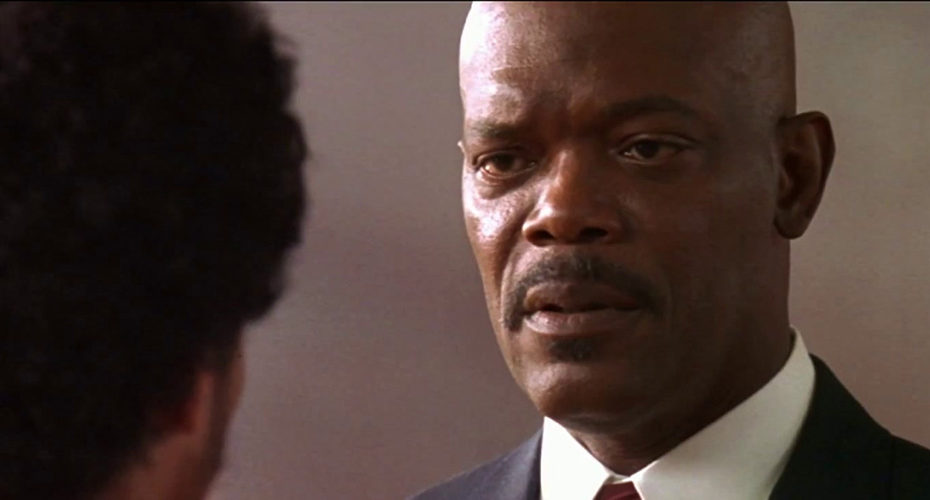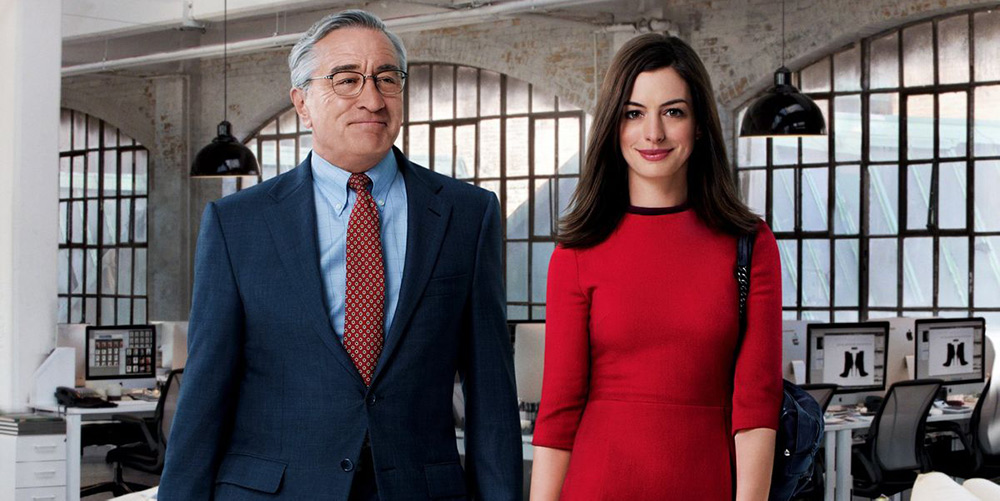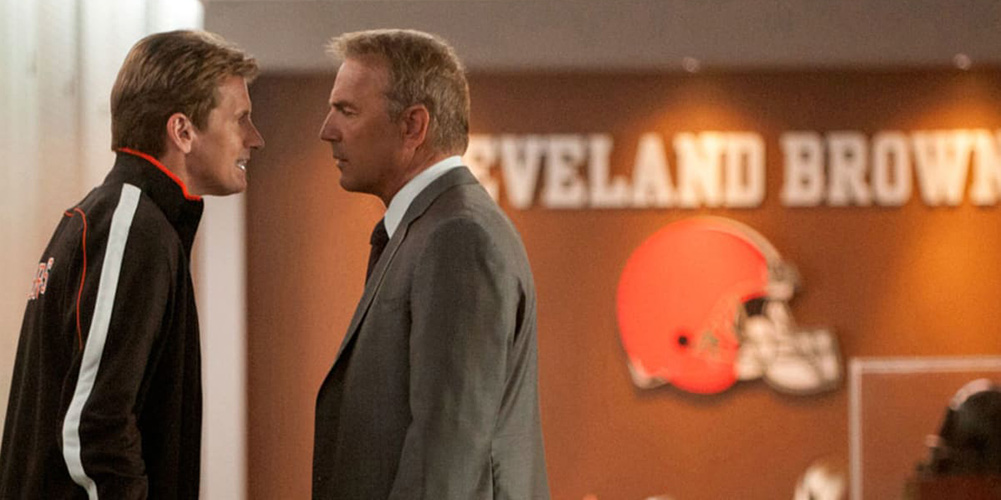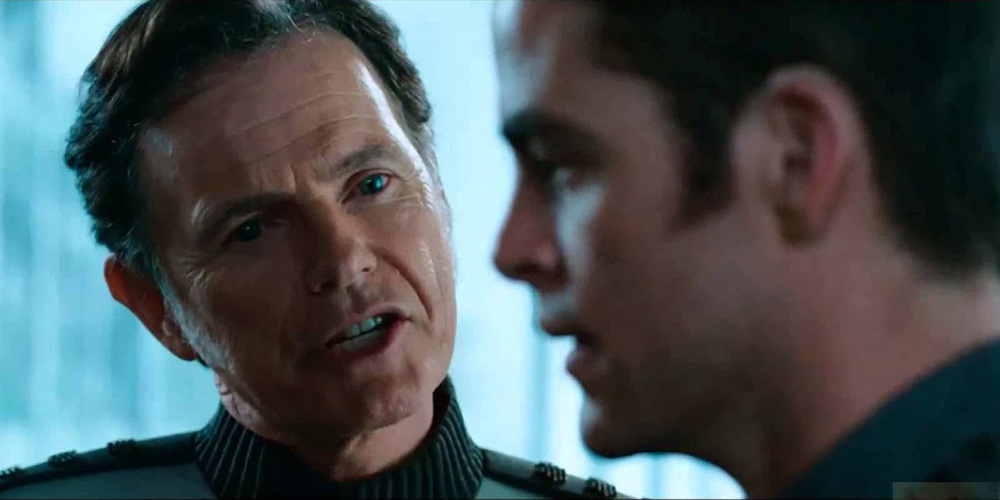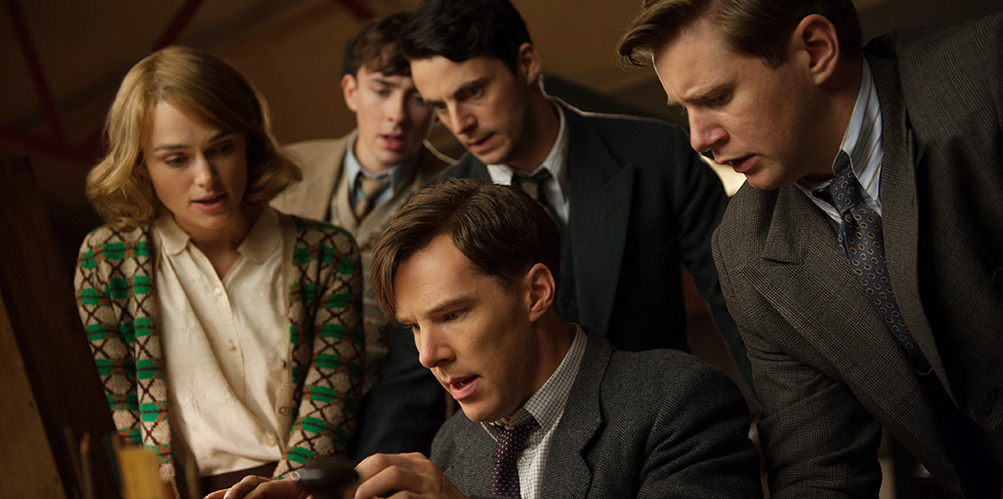As leaders, a key part of our role is to develop and grow our people. Everyone wants to grow, right? Do well in life? So what holds them back?
Coach Carter is one film that explores this question. It tells the true story of high school basketball coach Ken Carter (played by Samuel L Jackson), who received nationwide publicity for insisting his students trained as hard in the classroom as they did on the basketball court.
When Carter imposes a gym lockout on his successful team until their grades improve, he faces strong resistance. It’s widely accepted – by teachers and parents alike – that many students will not graduate, and that school basketball may be the highlight of their lives. So unsurprisingly, Carter’s students themselves have limited expectations.
Fear
Carter challenges them to break those limits by studying and getting to college. ‘What is your deepest fear young man?’ he asks the wayward but talented Timo Cruz. And eventually, Cruz supplies the answer:
“Our deepest fear is not that we are inadequate. Our deepest fear is that we are powerful beyond measure. It is our light, not our darkness that most frightens us. Your playing small does not serve the world. There is nothing enlightened about shrinking so that other people won’t feel insecure around you. We are all meant to shine, as children do. It’s not just in some of us; it’s in everyone. And as we let our own light shine, we unconsciously give other people permission to do the same. As we are liberated from our own fear, our presence automatically liberates others.”
This passage, an edited version of the famous quote from Marianne Williamson (often falsely attributed to Nelson Mandela), provides a fitting motif for the movie.
But doesn’t this run contrary to logic? Why would anyone be afraid of bettering themselves?
In an environment of defined expectations, it takes real courage to be break free. ‘Fear that we will succeed’, explains Steven Pressfield in his brilliant The War of Art, ‘is the most terrifying prospect a human being can face, because it ejects him… from all the tribal inclusions his psyche is wired for’. Embracing our ideals and becoming the person we sense in our hearts we truly are, says Pressfield, will estrange us from all we know. And that holds us back.
Leaders can play a key role here – as Carter does – in cultivating an environment of excellence where people feel encouraged and safe to push themselves to grow and develop.
Mindset
But there’s another barrier to growth: mindset.
In their revealing book on change, Switch, Chip and Dan Heath describe fascinating research by Stanford psychologist Carol Dweck into fixed and growth mindsets.
People with a fixed mindset tend to view their abilities as absolute, and largely set by nature. When they try new things – a new sport, playing the piano – they tend to become discouraged at the first setback.
If you have a growth mindset, however, you view your abilities as fluid and malleable. You don’t pick up new skills any more easily, but as you’re confident that you will in time. This makes you more likely to progress through failures and sticking points. Research shows that people with a growth mindset tend to do far better in almost all aspects of life.
Yet a growth mindset can be cultivated. In one study, junior high school students did far better simply with extra coaching that their abilities were not absolute. In Coach Carter, some of the students believe they’re simply not capable of achieving the right grades. But having found the motivation to achieve, they’re coached through their sticking points both by their teachers and by their fellow students.
As leaders, we can spot the limitations that stop people from developing their talents. It may be a fixed mindset that leads them to believe their abilities are absolute. Or it may simply be fear of breaking free from the expectations of their environment. In both cases, we can help.
